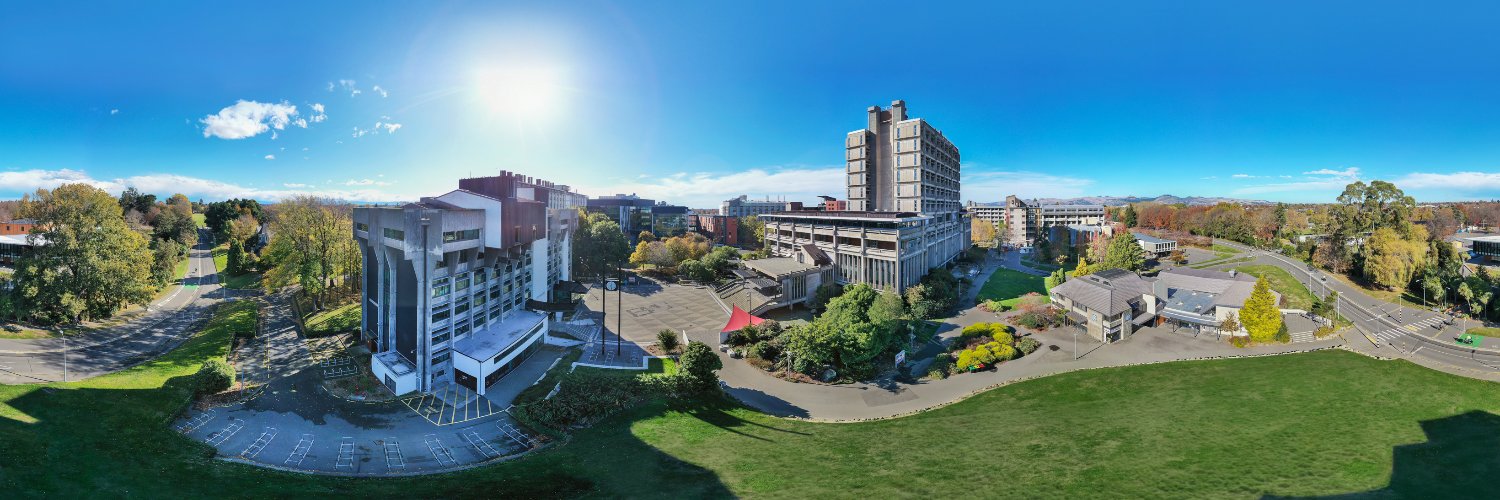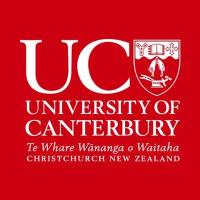Master of Urban Resilience and Renewal
In the 21st century, cities and urban areas are facing increasing challenges associated with flood risk, coastal erosion, and sea level rises. In many growing areas these are coupled with challenges of demographic growth and urban spread.
While there are many university postgraduate degrees that focus on local planning legislation, there are no other identifiable programmes that focus specifically on how communities respond to challenges that cities are facing today. This programme will be of interest to students wishing to address broader urban issues and engage with communities.
The Master of Urban Resilience and Renewal (MURR) will focus on:
the urban renewal of ?tautahi Christchurch, a city that faces many of these issues as it recovers from the 2010/11 earthquakes
how communities respond to challenges that cities are facing today
community engagement with students working with community groups and local government, within compulsory courses and through their chosen research project.
The compulsory project GEOG 692 Community or Workplace Based Project comprises an individual project in the field of Urban Resilience and Renewal, under the supervision of one or more staff members. The project will involve working with a community partner on a project of direct relevance and real value to that community.
Another 30 points of courses are chosen from 400-level courses approved by the Programme Director which have more specific interests, for example:
- Geography
- Environmental Science
- Statistics
- Transportation Engineering
- Water Resource Management
Campus Information
Ilam Campus
The University has a main campus of 76 hectares (190 acres) at Ilam, a suburb of Christchurch about 5 kilometres (3.1 mi) from the centre of the city.
Intakes
- Feb Deadline: Dec
Application Processing Time in Days: 20
Application Process
Minimum English Language Requirements
| English Level Description | IELTS (1.0 -9.0) | TOEFL IBT (0-120) | TOEFL CBT (0-300) | PTE (10-90) | |
|---|---|---|---|---|---|
| Expert | 9 | 120 | 297-300 | 86-90 | |
| Very Good | 8.5 | 115-119 | 280-293 | 83-86 | |
| Very Good | 8 | 110-114 | 270-280 | 79-83 | |
| Good | 7.5 | 102-109 | 253-267 | 73-79 | |
| Good | 7 | 94-101 | 240-253 | 65-73 | |
| Competent | 6.5 | 79-93 | 213-233 | 58-65 | |
| Competent | 6 | 60-78 | 170-210 | 50-58 | |
| Modest | 5.5 | 46-59 | 133-210 | 43-50 | |
| Modest | 5 | 35-45 | 107-133 | 36-43 | |
| Limited | 4 | 32-34 | 97-103 | 30-36 | |
| Extremely Limited | < 4 | < 31 | < 93 | < 30 |
Job Opportunity Potential
The Master of Urban Resilience and Renewal will provide students with the skills, knowledge, and competencies to be employed professionally in any organisation involved in urban resilience and renewal. It will enable graduates to seek out careers in areas such as environmental management, disaster risk reduction, hazard management, environmental consulting, as well as local and regional government.
The project component will provide students with the opportunity to work for a community/organisational partner on a research problem they have helped identify. By partnering with local organisations, graduates will have experience in how to influence , shape, and make a significant difference to the communities they live in.
PSW Opportunity
- During study, all students on a student visa can work up to 20 hours per week during semester and full time during vacations.
- After completing Level 7 Bachelor’s Degree or Higher Qualification, a student will get a three years open post-study work visa.
- After completing Level 8 Post Graduate courses of 1 year, students get 1 year PSW.
Admission Requirement / Eligibility Criteria
Academic entry requirements
Every student enrolling in the Master of Urban Resilience and Renewal shall have:
- a university degree which is relevant to urban resilience and renewal (eg, Geography, Environmental Science, planning, Sociology, or any other relevant degree subject as approved by the Programme Director and/or Academic Dean of Science) with at least a B Grade Point Average; and
- approval for the degree by the Academic Dean of Science.
- Course Type: Full Time
- Course Level: Masters/PG Degree
- Duration: 01 Year
-
Total Tuition Fee:
59250 NZD
Annual Cost of Living: 20000 NZD
Application Fee: N/A
Similar Programs
- Professional Master of Geospatial Science and Technology at University of Canterbury
- Master of Writing at University of Canterbury
- Master of Strategic Communication at University of Canterbury
- Master of Spatial Analysis for Public Health at University of Canterbury
- Master of Science - Geography at University of Canterbury
- Master of Music at University of Canterbury

